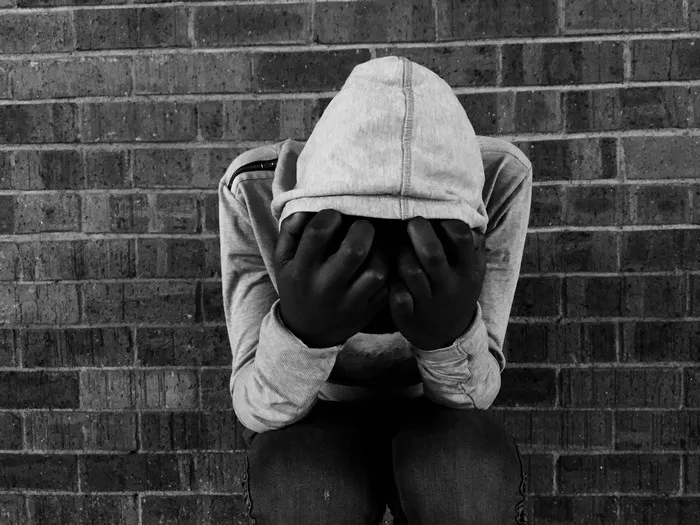FAQs
What are the three strategies for coping with mild depression?
1. Cognitive Behavioral Therapy (CBT): A structured therapy that helps individuals identify and challenge negative thought patterns and behaviors.
2. Regular Exercise: Physical activity has been shown to improve mood by releasing endorphins and reducing stress.
3. Social Support: Engaging with friends, family, or support groups can provide emotional reassurance and practical assistance.
Do people go back to normal after depression?
Recovery from depression varies for each individual. Many people do return to their previous level of functioning with proper treatment and support. However, some may experience residual symptoms or require ongoing management to maintain well-being.
Can the brain repair itself after depression?
Yes, the brain has a remarkable ability to recover and adapt, a concept known as neuroplasticity. With effective treatment and time, neural pathways associated with mood regulation can be restored or rerouted. Activities like therapy, medication, exercise, and mindfulness can facilitate this healing process.
Related topics:
- Navigating Hopelessness: A Comprehensive Guide
- Treating Teenage Depression: A Comprehensive Guide for Parents
- Coping with Sadness: A Comprehensive Guide


